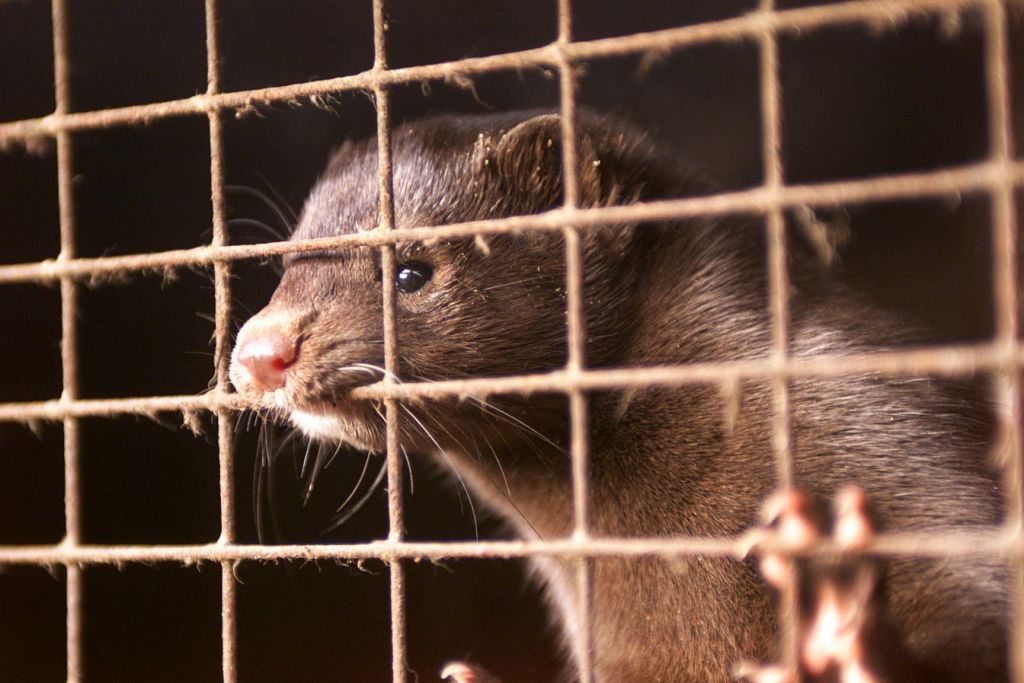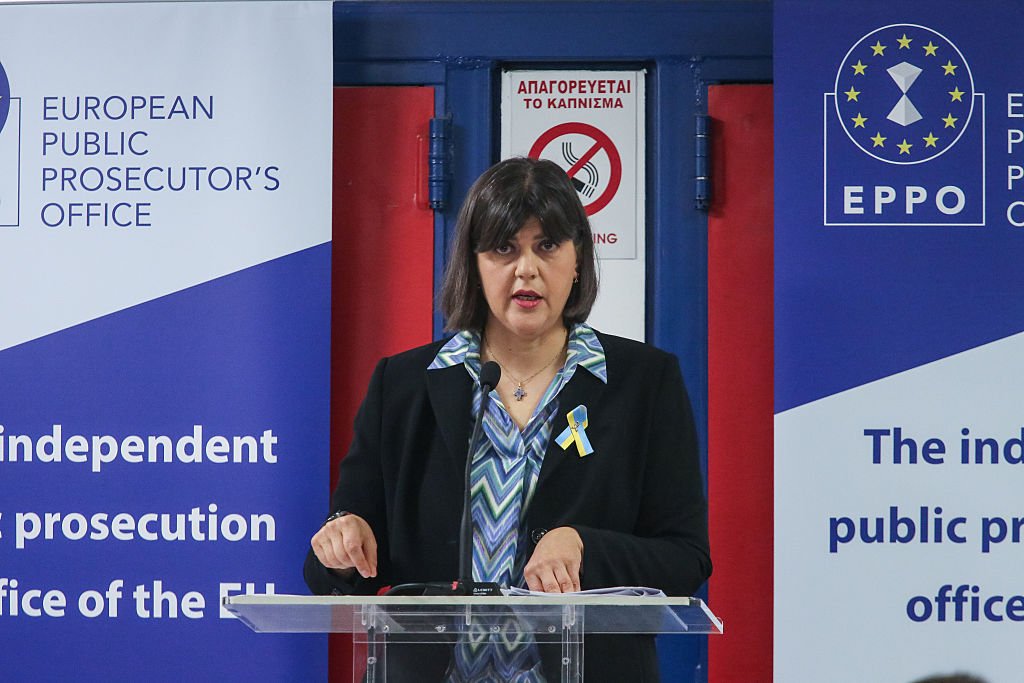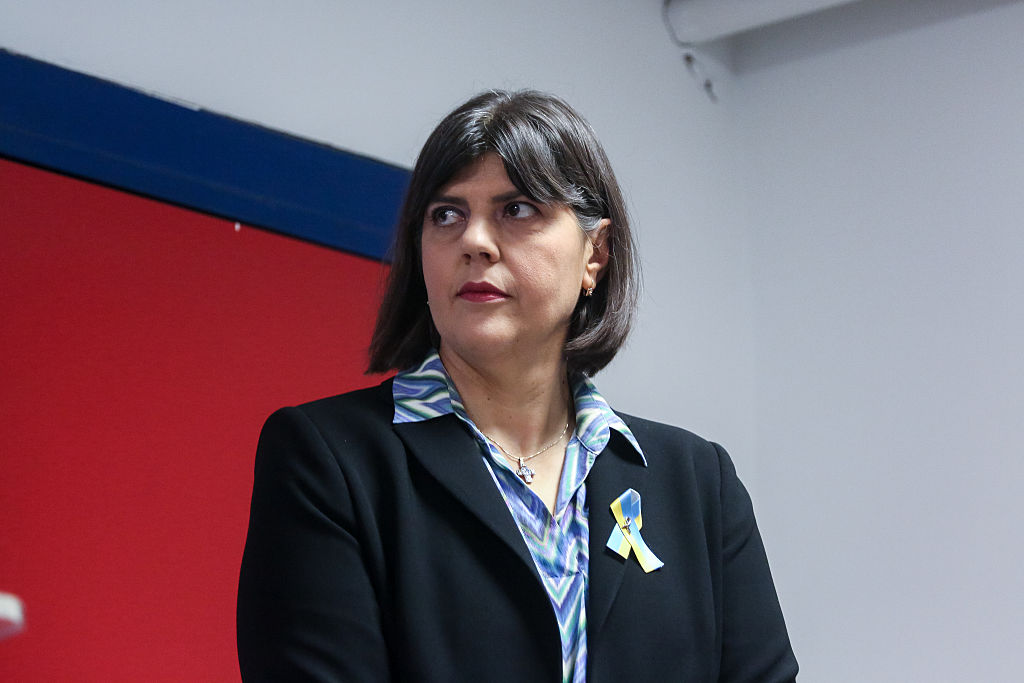End of fur gains momentum in Parliament – but industry feels left out
Source: Euractiv
A potential ban on farming Arctic foxes, American minks, and chinchillas for fur is gaining traction in Brussels, with MEPs across the political spectrum calling time on a fading industry. But producers say lawmakers are shutting them out of the debate.
The practice of farming carnivores for fur production is already on the brink in Europe, notably after Denmark, once a global leader, culled 17 million minks in 2020 over fears of a COVID-19 mutation found in farms.
This summer, a report by the EU’s food safety watchdog (EFSA) found that there is virtually no way to improve conditions on farms for minks, foxes, raccoons, and chinchillas. Last month, MEPs from across party lines – from the Greens and Socialists to the far-right –asked the Commission in a written question if it would commit to a total ban on fur farms and imports.
At a Parliament event on Wednesday, hosted by EPP lawmaker Sirpa Pietikäinen (Finland) and Socialist Kristian Vigenin (Bulgaria), a new report assessed the sector’s real economic footprint.
Despite being banned or partially restricted in 23 EU countries, fur farms still operate in Finland, Poland, and Greece. Griffin Carpenter, the environmental economist who authored the report, said the industry delivers a negative economic contribution.
Around 2,000 people in the EU now work full-time on fur farms, Carpenter noted. Even when retail and related jobs are included, the sector remains economically unviable and carries major public health, environmental, and animal welfare implications.
Fur sales have collapsed by 92% in the past decade, a “dramatic decrease,” Carpenter said. The decline is also being felt in major non-EU producers such as China, he added. The industry, he said, “generates value similar to that of the videotape rental business” and would not survive without billions in public subsidies.
Industry voices excluded
Fur Europe, the organisation representing EU producers, told Euractiv it had neither been invited to nor informed of the Parliament event.
“Open dialogue and stakeholder inclusion are the foundation of credible EU policymaking,” said Miltos Karakoulakis, Fur Europe’s chairman. “Yet once again, the fur sector is being discussed in closed rooms, without those most affected even being informed or invited,” he added, noting that livelihoods are at stake.
Responding to the criticism, Jo Swabe, public affairs director at the NGO Humane Society International/Europe, said the event “had been called to present the results of this economic study,” and that everyone was “welcome to attend” and ask questions.
“It is perfectly normal for these events to take place in this way, with three to four people,” she said, adding that larger sessions would be “unmanageable” time-wise.
“It is allowed in democracy to meet,” said Finnish MEP Pietikäinen, adding that she herself is “not invited to Socialists’ events”.
The Commission is expected to table a proposal by 2026 that will either introduce a full ban on fur farming — and possibly on fur imports — after a transition period, or set stricter animal welfare standards for continued operation.
(adm, aw)
The original article: belongs to Euractiv .



